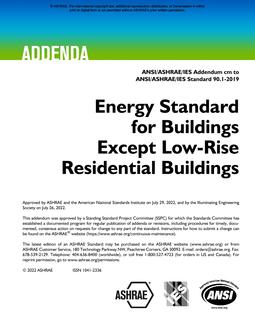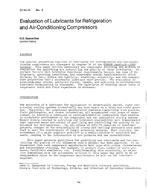Click here to purchase
The Energy Policy Act of 2005 (EPACT 2005) required energy use in Federal buildings to be metered. Since then, the US Army has installed electricity and natural gas meters on new and many existing facilities. A centralized Metering Data Management System (MDMS) was put into place to collect and store metered data from Army installations. Benchmarks are needed to characterize energy performance using the metered data. The US Army Corps of Engineers (USACE) in collaboration with Pacific Northwest National Laboratory (PNNL) developed energy consumption benchmarks to put metered performance into context. The intent was to help energy managers, who are often short on resources while managing hundreds of buildings, to understand the performance of their buildings. This paper describes the methodology behind the development of energy consumption benchmarks for five common Army buildings. Calibrated energy models are used to develop the benchmarks. By using calibrated models the actual operation of buildings for a given location is captured. The paper describes the advantages and disadvantages of the approach, and summarizes ways in which baseline models can be used and how they can benefit MDMS users.
Citation: 2016 Annual Conference, St. Louis, MO, Conference Papers
Product Details
- Published:
- 2016
- Number of Pages:
- 8
- Units of Measure:
- Dual
- File Size:
- 1 file , 1.4 MB
- Product Code(s):
- D-ST-16-C051


